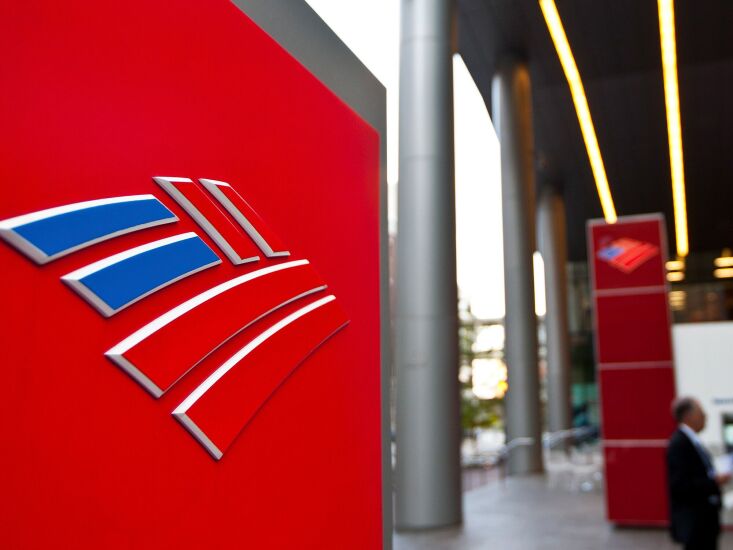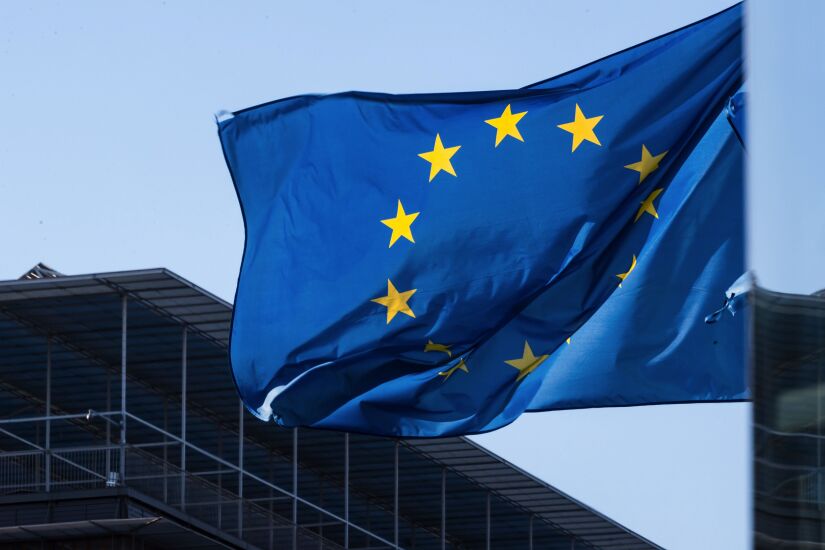Ripple's quest to build its payments business in the Middle East and Southeast Asia gets regulatory support in Dubai and Singapore, and India's digital payment system has a big week. Here's what's happening in the world of payments.

Mastercard will buy Swedish tech firm to boost subscription payments
The Gothenburg, Sweden-based Minna's clients include financial institutions that use its technology to offer consumers an easier way to pay for, change, extend or cancel a subscription.
There are more than 6.8 billion subscriptions, according to Juniper Research, which projects that will grow to 9.3 billion by 2028. This growth comes through the proliferation of streaming media platforms such as Hulu or Netflix, and the use of e-commerce premium relationships that encourage repeat uses by charging a monthly fee. Firms such as Dollar Shave Club and apps like Fresh Direct that deliver ingredients for meals on a recurring basis are also gaining traction with consumers, who can accumulate a growing number of subscriptions, potentially making them difficult to manage.
Mastercard plans to use Minna's technology to provide a single view of all a consumer's subscriptions in a hub, providing a way to make changes, access receipts and minimize card blocks.
The deal will also help

Visa to acquire payment security company Featurespace
Featurespace, which was born out of Cambridge University's engineering department in 2008, uses algorithms to analyze transaction data and
Visa has increased its focus on providing value-added services as it looks to supplement its core card-processing revenue. Last year, it appointed long-time Australian banking executive

Amazon adds card network tech to boost business in Africa, Middle East
Coverage includes Egypt, South Africa, UAE, Qatar and Bahrain, among other countries. The two firms will co-offer payments via a consumer's card on file, Click to Pay and tokenized authentication, which enable auto-populated check forms with limited navigation at the point of sale.
Amazon Payment Services enables sellers and third-party companies to add payment options to their websites, including online checkout and buy now/pay later. Amazon has partnered with other large financial institutions, such as JPMorgan Chase, to support payments for merchants that use Amazon's Seller Wallet.
Mastercard's recent investments in the region include an initiative with the

Ripple makes inroads in the Middle East
Ripple plans to offer technology that supports cryptocurrency and other digital assets in the Middle East, Africa and South Asia, using Dubai as its base of operation.
The company also recently obtained a license in Singapore, joining the U.S. and more than two dozen other jurisdictions as it tries to sell B2B payments to firms that want to adopt programmable payments, or transactions that are automatically triggered under certain conditions.
UAE's government has encouraged outside firms to develop payments technology and establish local development hubs. H.E. Omar Sultan Al Olama, minister of state for artificial intelligence, digital economy and remote work applications, has said he wants UAE to be a leading center for AI by 2031, because he sees AI as a way to fast-track development of the UAE's digital economy.
Mastercard has

Bank of America expands EMEA payments tech
The service provides buyers with card transaction features such as extended payment terms and more recent enhancements such as enabling suppliers to be paid via a direct bank transfer. "[Our clients] can make card payments to any supplier in the region, regardless of whether the supplier typically accepts card payments," said Chris Jameson, head of product management for global payments solutions in EMEA for BofA, in a release. "The payments are made much earlier in the procurement cycle, thereby helping to improve important supplier relationships and allowing the buyer to take advantage of any prompt payment discounts."
U.S. banks have invested heavily in EMEA in recent years, sensing an opportunity to use payment technology as a base to cross-sell in the region. JPMorgan Chase, for example, is using instant settlement and the

India's payments tech influences Trinidad and Tobago
NPCI International, founded in 2020, is a wholly owned subsidiary of the National Payments Corporation of India charged with bringing India's UPI and RuPay card scheme to countries outside of India. In August, UPI processed more than 15 billion transactions with an estimated value of $245 billion.
Earlier this year, NPCI

European Investment Bank provides 220M euro loan to paytech firm
The capital injection marks the first time the EIB has loaned money to a privately held payments company, according to the investment bank. Nexi will use the fund for projects designed to modernize
"This operation represents a major step forward in the development of Europe-wide digital payment solutions, helping to reduce the use of cash and prevent fraud and tax evasion," said EIB Vice President Gelsomina Vigliotti in a Sept. 25 statement. —Joey Pizzolato

FCA secures guilty plea in first illegal crypto ATM case
Crypto ATMs are machines that enable people to buy or convert money into crypto assets, and are frequently used for money laundering and tax evasion, according to the FCA. Currently, there are no legal crypto ATMs operating in the U.K. —Joey Pizzolato

First Abu Dhabi Bank completes programmable payments pilot with JPMorgan
FAB is the first financial institution to complete a programmable payment on JPM Coin, the company said. FAB completed both time-based and threshold-based funding to a deposit account before executing a payment. —Joey Pizzolato

Taiwanese blockchain firm partners with Visa for cross-border payments
Once integration is complete, customers can transfer money via OwlPay in over 160 currencies to more than 190 regions, said Darren Wang, founder and CEO of OwlTing Group, in a statement. Use cases for the direct account solution include cross-border business disbursement and peer-to-peer transfers, according to the company. —Joey Pizzolato





